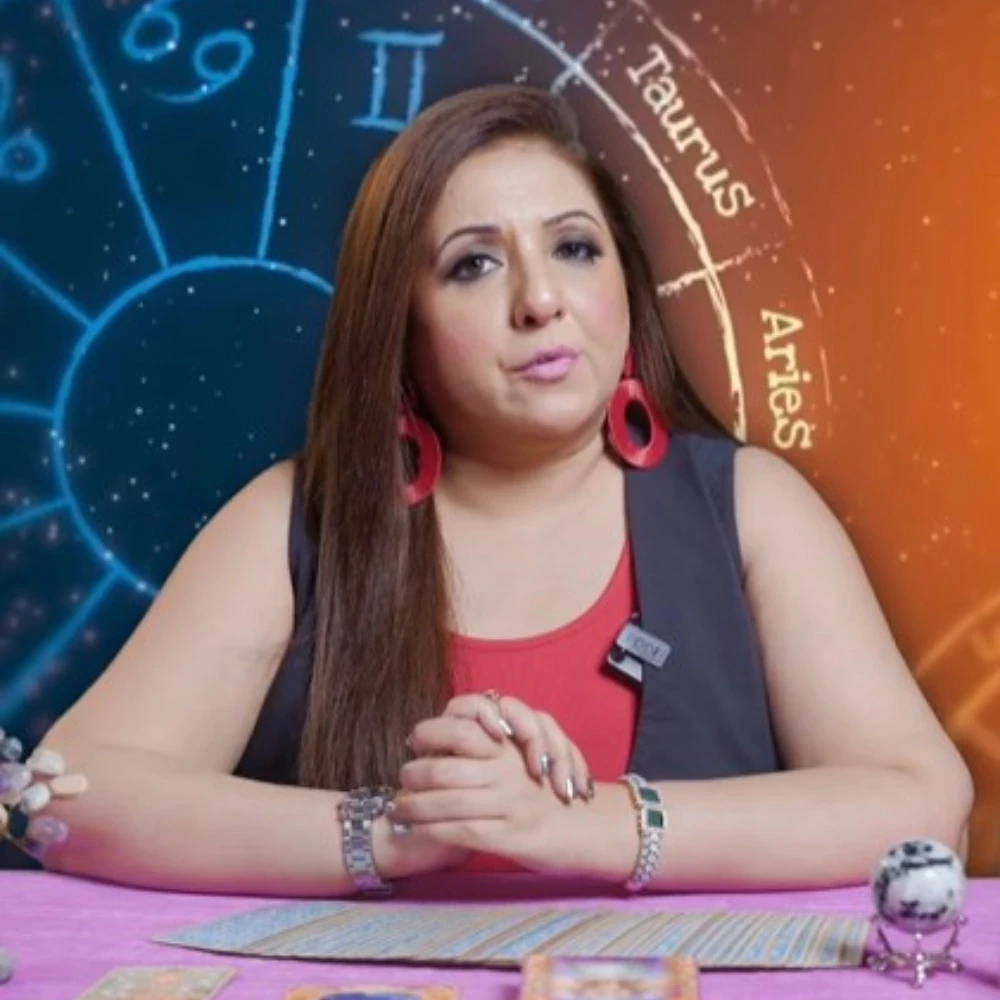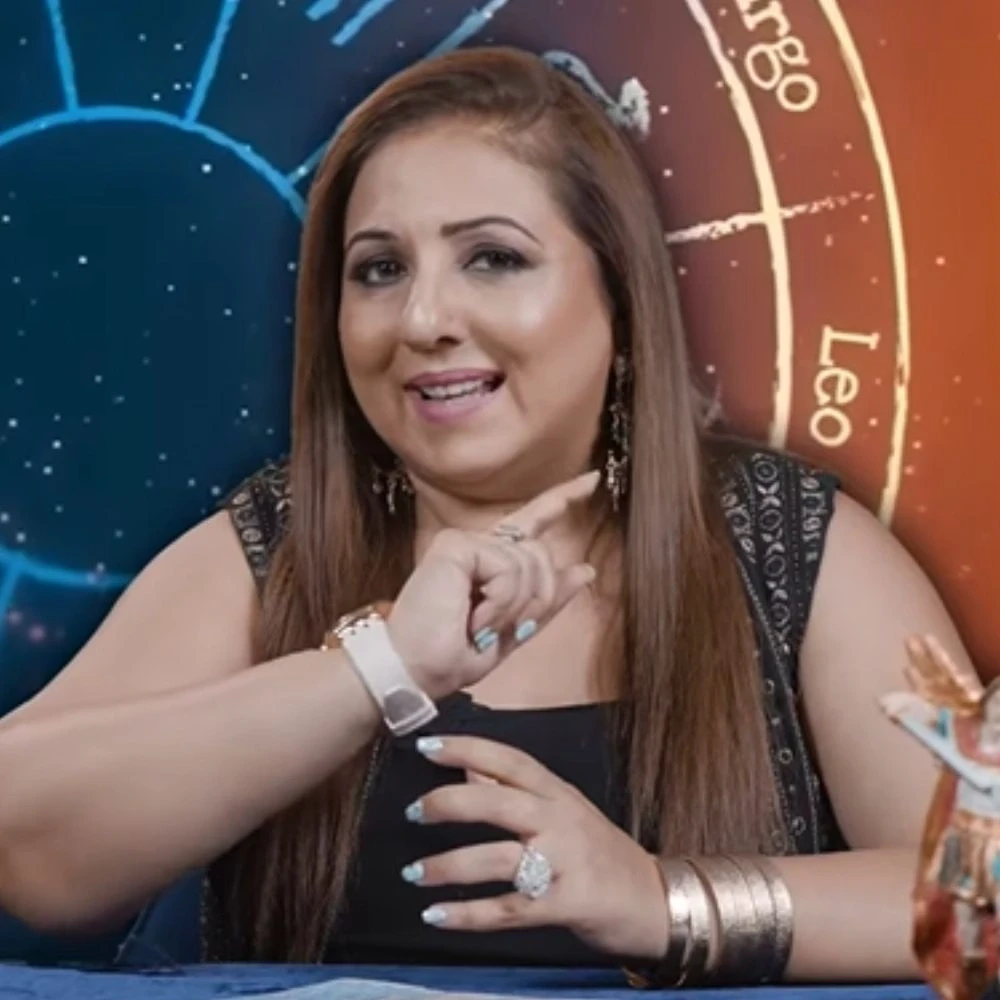Recognizing 7 Signs of Manipulation in a Relationship for Healthier Bonds
Feeling obligated or guilty in a bond? You might have a manipulative partner. Here are some signs of manipulation in a relationship to spot and take action.

Manipulation in relationships is a pervasive issue that can leave lasting emotional scars on those involved. While all relationships experience ups and downs, manipulation can lead to a toxic dynamic that erodes trust and self-esteem. Manipulative individuals often engage in a pattern of relentless criticism, belittling, and demeaning their partner's thoughts, feelings, and abilities.
They may employ various common forms of manipulation techniques to exert control over their partner. So, naturally, identifying the signs of manipulation in a relationship becomes equally important in an attempt to foster healthy connections and protect oneself from potential harm.
In this article, we'll look at how to spot manipulators in relationships, including those displaying passive-aggressive behavior, so that readers can spot warning signs and decide for themselves what's really best for them. Developing an awareness of these tactics can empower individuals to set boundaries and build healthier connections with other psychologically healthy people.
What's the Meaning of Manipulation in Relationships?

Manipulation in relationships means when a manipulative partner tries to control or influence the other person, exploiting their mental health conditions, for their own benefit, without considering the other person's feelings or well-being.
They may be charming and charismatic at the beginning, making it difficult for their partner to recognize the manipulation early on. However, over time, their true intentions become clearer as they try to mold their partner's behavior to fit their desires.
It's like trying to make someone do what you want, even if it's not good for them, and they might feel hurt or used. For example, imagine if your friend always made you feel guilty to get their way, or your partner kept telling you things that made you doubt yourself.
These tactics are shady and can be emotionally damaging. Therefore, it is vital to understand this concept. Individuals can actually safeguard themselves from damaging dynamics by comprehending and recognizing manipulation.
7 Signs of Manipulation in a Relationship

Manipulation can take a toll on a person's well-being. By identifying the signs early on, individuals can protect themselves from emotional harm and maintain a sense of well-being. Here, check out some of the common examples of manipulation techniques below, as outlined by our relationship expert:
1. Emotional Guilt-tripping

Emotional guilt-tripping, which is a form of emotional manipulation in relationships, occurs when one person tries to use guilt to make the other person feel responsible for their emotions or problems. They wield their feelings as a weapon to get their way or control their partner's actions.
This manipulation tactic often involves the manipulator exaggerating their emotions or pretending to be more hurt than they actually are. The goal is to make you feel like you hold the key to their happiness or well-being, even when it's not true.
The underlying aim of this kind of emotional abuse is to make you doubt yourself, feel bad, and eventually give in to their demands or apologize, even if you didn't do anything wrong. It's a sneaky way for the emotional manipulator to gain power and control over the relationship.
2. Gaslighting
Gaslighting is a manipulative tactic often used as one of the major signs of manipulation in a relationship. It occurs when one person tries to make the other doubt their own feelings, perceptions, or memories. It's like they twist the truth or deny things that happened, making you question your own sanity.
For example, let us say you have a disagreement with your partner, and they later tell you, "That never happened; you're just imagining things." They might do this repeatedly, engaging in gaslighting, along with emotional blackmail and mental distortion, making you unsure about what is real and what's not. So, this way, gaslighting becomes a powerful tool for manipulators as it can make the victim feel confused, anxious, and isolated.
It can also create feelings of guilt in the victim, as they start to doubt themselves and their perception of events. The manipulator wants to gain control by making you rely solely on their version of reality, disregarding your own thoughts and emotions.
3. Constant Criticism
Constant criticism is a manipulative relationship behavior where one person continuously finds faults or points out flaws in the other person. It's like they are always looking for something to criticize, no matter how small or insignificant it may be.
This constant criticism can be hurtful and damaging to your self-esteem. The manipulative partner uses this tactic to make you feel inadequate and overly dependent on their approval. They want to control you by making you doubt yourself and seek their validation.
Identifying constant criticism is essential in a relationship because it can lead to a toxic and unbalanced dynamic. In a healthy relationship, partners should support and uplift each other, rather than tearing each other down with constant negativity.
4. Love-bombing And Devaluation
Love bombing and devaluation are two phases often seen in manipulative relationships, where one person tries to gain control over the other person's emotions and actions.
Love bombing occurs in the early stages of a relationship, where the manipulator showers their romantic partner with excessive affection, attention, and flattery. They make the other person feel incredibly special, loved, and desired.
It's like being swept off your feet with grand gestures, constant compliments, and extravagant displays of affection. After the love bombing phase, the relationship dynamics shift, and devaluation, again a form of manipulation, begins.
During this phase, the manipulator starts to change their behavior. They may become critical, distant, or even hostile towards their partner, giving them silent treatment from time to time. The affection and attention that were once abundant start to dwindle, leaving the partner confused and hurt.
The manipulator uses devaluation to exert power and control over their partner. By withdrawing love and affection, they create a sense of uncertainty and emotional turmoil in the relationship. This instability makes the partner even more dependent on the manipulator, as they desperately seek to regain the initial love and attention they received during the love bombing phase.
5. Threats And Intimidation

Threats and intimidation are serious signs of manipulation in a relationship, where one person uses fear and coercion to control the other person's behavior or choices. In a manipulative relationship, threats can involve explicit or implicit warnings to harm the partner emotionally, physically, or socially, while intimidation uses aggressive behavior, demeaning remarks, or body language to instill fear and control.
These tactics aim to undermine the partner's confidence, making them feel trapped and powerless. To protect oneself from any kind of emotional abuse or physical abuse, and seek support to create a relationship based on respect rather than fear and control, one must be able to recognize these signals.
6. Isolation
Isolation in a relationship refers to a situation where one partner intentionally limits or controls the other person's access to friends, family relationships, or other social connections. It is like being cut off from the outside world, leaving you feeling alone and dependent on your partner.
This makes isolation a dark form of psychological abuse, a manipulative tactic that the controlling partner uses to exert control over you. By limiting your social interactions, they can make you more reliant on them for emotional support, validation, and companionship.
This can create a sense of vulnerability and make it harder for you to recognize the unhealthy dynamics in the relationship and the controlling partner’s bad behavior.
7. Withholding Affection And Support
When one partner purposely withholds emotional connection, love, or concern from the other, this becomes one of the potential signs of manipulation in a relationship. It's like they put up emotional walls and withhold the care and support that you would expect in a healthy or romantic relationship.
Consider how your partner might react if you try to communicate your feelings or ask for help when things are difficult. They might also disregard your demands, minimize your feelings, or decline to offer you the assistance or support you require at that point.
This manipulation tactic aims to make you feel unimportant and emotionally neglected, leaving you craving their attention and love. The manipulative partner deliberately uses this strategy to gain control over you and the connection, making you more reliant on them for the little things as well.
Why Do Some People Use Manipulation Tactics?

Some people use some of the common manipulation tactics in relationships for various reasons, and understanding these motivations can shed light on this complex behavior. Here are some common reasons why individuals might resort to these moves:
1. Desire for Control
An intense desire for power and control over others is a common trait of manipulators. They use manipulation as a means to gain dominance and get their way, often neglecting the feelings and well-being of the other person.

2. Insecurity And Low Self-Esteem
Manipulators may have deep-seated insecurities and low self-esteem. They use manipulation as a way to boost their ego or feel superior to others, compensating for their own feelings of inadequacy.
3. Fear of Abandonment
Some manipulative individuals fear being abandoned or rejected by their partners. They use tactics like emotional guilt-tripping or isolation to create dependency and ensure the other person stays with them.
4. Past Trauma or Learned Behavior
Some manipulators might have experienced traumatic events or grew up in environments where manipulation was a common coping mechanism. They learned to use manipulation as a survival strategy or a way to navigate relationships.
5. Narcissism or Personality Disorders
Certain personality disorders, such as narcissistic personality disorder, can lead to manipulative and abusive behaviors. People with these disorders have an inflated sense of self-importance and lack empathy for others, using manipulation to meet their own needs.
6. Inability to Communicate Effectively

Some individuals may lack healthy communication skills, leading them to use manipulation as a way to express their needs or wants indirectly.
7. Achieving Personal Goals
Manipulators may use deception and persuasion to achieve their personal goals or fulfill their selfish desires, even at the expense of others.
8. Lack of Empathy
Some manipulative individuals have difficulty understanding or empathizing with others' emotions and needs. They may use manipulation to exploit this lack of empathy for personal gain.
9. Success in Past Manipulation
If a person has successfully manipulated others in the past, they might continue to use these tactics as they believe it gives them an advantage in controlling situations and people.
How to Protect Yourself from Manipulation?

By being vigilant for the telltale signs of manipulation, you empower yourself to make wise judgments and maintain your independence, preventing undue reliance on others. Safeguarding your emotional well-being is vital for living a healthy and fulfilling life, free from the harmful effects of emotionally draining manipulation. So, naturally, protecting yourself from signs of a manipulative relationship would involve taking proactive steps to safeguard your well-being. Here are some approaches to guard against manipulation:
1. Educate Yourself
Learn about the signs of manipulation in relationships, such as gaslighting, emotional guilt-tripping, constant criticism, isolation, threats, and withholding affection. Knowledge is power, and understanding these tactics will help you recognize them when they occur.
2. Trust Your Instincts

If something feels off in your relationship or interactions with someone, trust your gut feeling. If you sense manipulation or feel uncomfortable, it is essential to address the issue and set boundaries.
3. Set Clear Boundaries
Establish and communicate your boundaries early on in your romantic or intimate relationships. Be assertive about what behavior is acceptable to you and what is not. A manipulator may try to push your boundaries, so it's crucial to stand firm.
4. Maintain a Support System

Cultivate healthy relationships with friends and family who are supportive and caring. Having a strong support system can help you stay grounded and provide outside perspectives on any manipulative behavior.
5. Practice Assertive Communication
Be open and honest about your thoughts, feelings, and needs. Communicate assertively without fear of the other person's reaction. Direct communication can help address issues before they escalate into manipulation.
6. Be Aware of Emotional Manipulation
Recognize when someone is trying to guilt-trip or emotionally pressure you into doing something. Take a step back and evaluate the situation objectively.
7. Stay Independent
Maintain your interests, hobbies, and friendships outside the relationship. This will help you avoid becoming overly dependent on someone who may try to manipulate you.
8. Seek Professional Help

If you are in a manipulative relationship and finding it challenging to break free, consider seeking support from a therapist or counselor. They can provide guidance and strategies to navigate the situation effectively.
9. Trust Yourself
Trust your judgment and self-worth. A manipulator may try to undermine your confidence, but maintaining self-belief will help you stay resilient.
10. Know When to Walk Away
If you consistently experience manipulation despite efforts to address the issue, it may be best to end the relationship. Manipulation in relationships can play with your emotional and psychological health, and your emotional well-being should always be a priority.
In a world of complex emotions and intricate connections, recognizing the signs of manipulation in a relationship is akin to unlocking a hidden code to protect your soul.
You indeed have the ability to protect your mental well-being if you keep an eye out for the manipulations outlined in the aforementioned telltale indicators. In this journey, trust your instincts like a compass guiding you toward authenticity, seek refuge in the embrace of a supportive network, and let the light of open communication lead you to genuine connections built on trust and respect.
By accepting this individuality and freeing yourself from manipulation, you will be able to move through life with true emotional freedom.
ALSO READ: 21 Obvious Signs of a Toxic Boyfriend That Raise Red Flags





 JOIN OUR WHATSAPP CHANNEL
JOIN OUR WHATSAPP CHANNEL














































































